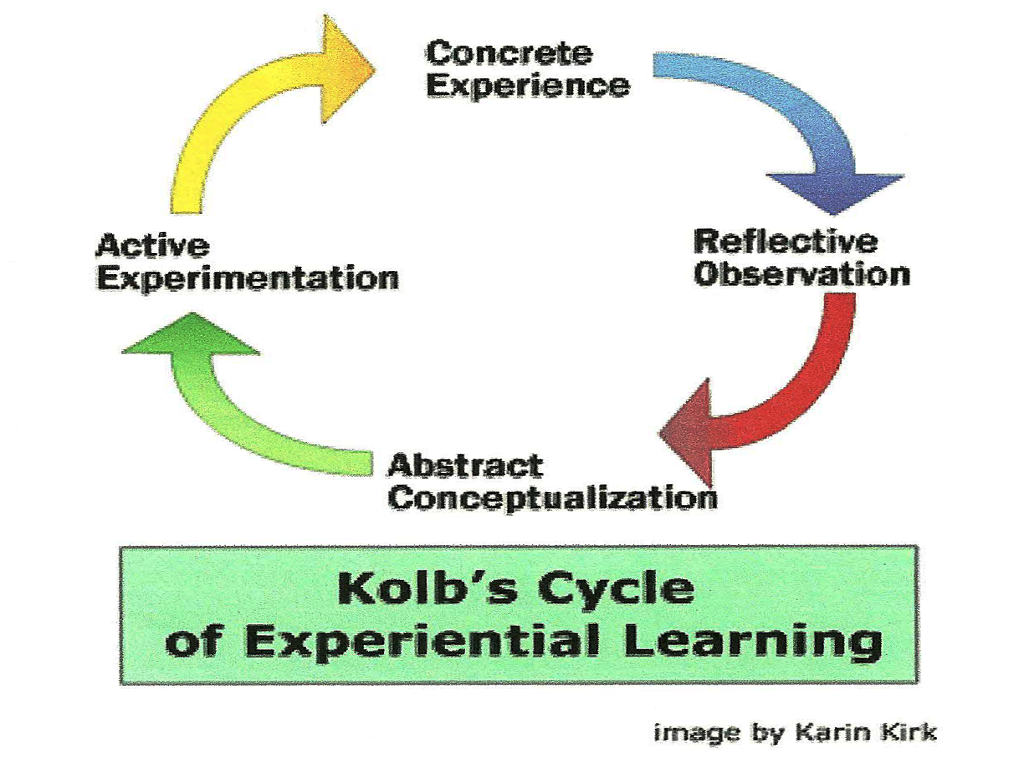Critical
Reflection
Hannah
Bratton
From the beginning of Module Two I have always had an
idea of what my professional line of inquiry was going to be, but putting it
into one Title proved challenging. Enhancing my knowledge from Module One, the use of 2.0 was useful as I have been able to connect
and discuss with other students on the BAPP course similar interests and
inquiry questions see Appendix A.
Joining Special Interest Groups (SIG) to discuss particular
topics enabled me to share experiences, leave feedback on other people’s
thoughts and share knowledge to develop my topic of inquiry. Whilst using the BAPP
handbook and user guides, I feel I was getting lost in the tasks and
researching literature which was not relevant to my inquiry, however thankfully
the SIG guided me and kept me on track.
Whilst discussing and sharing information with SIG, I
felt the need to research and gather literature for task four d, see appendix
B. Finding many interesting articles on dance and education in schools, I also
came across relevant books and literature regarding my topic of inquiry. I
realised that few of the literature I found was against the Arts and Dance in
schools. Therefore I had to search a little harder to balance out my research. Whilst
searching for literature, looking at what ethics apply to my professional
practice came along side my research. I brainstormed and blogged my thoughts on
what ethics apply to me in the workplace (see Appendix C) and then thoroughly
researched Ethics of inquiry.
I did not realise how broad the meaning of the word
Ethics really was until I read the reader five. I assumed that the word Ethics
meant abiding by the Law and following rules in the work place however I soon
learnt this was not the case and the word has a great deal of meaning which has
expanded my knowledge greatly. Understanding ethics in education research took
a while to understand whilst making sure I was following the correct procedures
in my work place already. Knowing and understanding the meaning of Data
Protection is now clear to me and how I need to apply it throughout my inquiry
project.
Whilst investigating the inquiry tools to use for my
project, I began to feel apprehensive about the inquiry becoming real. Thinking
about writing up permission forms, getting parent permission and remembering
all the ethics that apply to my inquiry felt a little over whelming. Therefore
I decided to draw up a brainstorm to gather my thoughts about what tools to use
for my inquiry see Appendix D. A practice interview with a former teacher was
extremely helpful making me aware of the things I need to work on for next
time. Throughout my Inquiry I will be
using my own interviews, observations and documents such as
articles and government statistics.
Overall, the tasks which lead to the inquiry plan have
made me feel confident in myself and in my inquiry and have given me the
knowledge, experience and information I need for Module three.
Appendix
A
Do creative subjects such as dance help children excel in academic
subjects? Why?
Should a performing arts teacher have a career before teaching?
Does this affect teaching standards?
Are we taken seriously within academic schools and education with
performing arts backgrounds?
Do gender/ age affect children taking up an extra curriculum
performing arts class?
Does today’s media and society have an impact on the performing
arts?
Will students/staff take me seriously being a young teacher?
Appendix
B
 "Involvement
in the arts is associated with gains in maths, reading, cognitive ability,
critical thinking, and verbal skill. Arts learning can also improve motivation,
concentration, confidence and teamwork."
"Involvement
in the arts is associated with gains in maths, reading, cognitive ability,
critical thinking, and verbal skill. Arts learning can also improve motivation,
concentration, confidence and teamwork."
Last
week, I taught a dance class at a local Primary school as one of their after
school activities. Whilst reflecting after the session I was wondering if the
disengaged children were like this in their academic lessons.
Does
Dance and Performing Arts really have an impact on children’s
learning?
Perhaps a
certain age group?
Maybe
only those who struggle in academic subjects?
Does it help those who struggle with Dyslexia or Dyspraxia?
It then
sprung to mind that if the National Curriculum thought that dance and the arts
does have an impact on children’s learning, why would some schools even
consider not offering the subject and at GCSE? Surly it cannot only be due to
funding. This is something I would like to investigate further into for my
inquiry and hope to find out more information.
I have
found many articles and literature that suggests why the Arts is so important
in our schools and in the article above Fran Smith tells us why.
Appendix
C
5a Ethics
To me,
the word ethics is simply to know what is right from wrong socially and
following a code of behaviour considered correct professionally or individual.
Within the work place of a dance teacher there are certain ethics that may not
apply in other workplaces. Below is a list of Ethics and thoughts which are
familiar to me at my place of work
Inside
the workplace:
·
Following
Health and Safety procedures at all times to prevent harm to others by insuring
there are no hazards. E.g. room temperature, preventing trips and falls, lighting,
fire exits clear.
·
Children
Act – Protection of Children, Parental responsibility, Parental permission etc.
- Children Performances Regulations
- Following Teaching boards Code of Conduct
(ISTD)
- Relationship with parents
- Making sure all qualifications and badges are
up to date e.g. Chaperone licence
- To follow T&C of any contract signed
Outside
the Workplace:
- Being professional at all times when
approached by student/client, talking positively about workplace and
setting an example
- Professional boundaries - Keeping networking
sites such as Facebook private
Appendix D


.jpg)

